

Training for Teachers and Principals
"Teaching should be such that what is offered is perceived as a valuable gift and not as a hard duty."
Albert Einstein
About TCE’s TeacherTraining
We, at The Conscious Education, are driven by the vision of training teachers to teach for understanding. Going beyond the piecemeal approach, we want to create classrooms that promote critical thinking and independent thought rather than just completing curriculums.
By integrating arts and communication training in education, we want our nation’s students to be able to navigate life and its many challenges using a wide array of skills.
Our Course

(Based on Project Zero, a 30-year study at Harvard) (2-day training, 6 hours each)
(This session is applicable for teachers from K to 12)
1- How do we teach that would lead to complete understanding?
2- This covers all the subjects. It is generic in nature
3- The session leads to making a lesson plan accordingly

Thinking and Making Thinking Visible – some concrete ways to ensure children are thinking, questioning, communicating and solving problems. (2-day training, 6 hours each)
- Correct understanding of the term - Thinking
- Realise the importance of thinking
- Hands on tools to make students think and become aware of their own thinking process.
Going beyond the piecemeal approach of injecting thinking skills into existing classroom lessons or units, Making Thinking Visible shows how to transform the classroom, through a culture of thinking, into a place where the many aspects of high-level thoughts, skills, attitudes, values, and habits of mind are supported and encouraged by the learning environment. It explores how classrooms can become places of intellectual stimulation where learning is viewed not in test scores but in the development of individuals who can think, plan, create, question, and engage independently as learners.
Visible thinking refers to any kind of observable representation that documents and supports the development of an individual’s or group’s ongoing thoughts, questions, reasons, and reflections. Mind maps, charts and lists, diagrams, worksheets all count as visible thinking they reveal learners’ unfolding ideas as they think through an issue, problem or topic.
Making Thinking Visible routines offer educators research-based solutions for creating just such cultures of thinking. It unravels the mysteries of thinking and its connection to understanding and engagement. It dwells on diverse learning environments to show how thinking can be made visible at any grade level and across all subject areas through the use of effective questioning, listening, documentation, and facilitative structures called thinking routines. These routines, designed by researchers at Project Zero at Harvard, scaffold and support one’s thinking. By applying these processes, thinking becomes visible as learners’ ideas are expressed, discussed, and reflected upon.
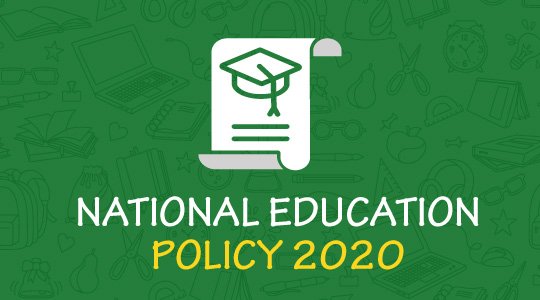
Thew What and the Why? (One day training – 6 hours)
Teachers of today perform best when they stay updated with the latest education techniques and methods. That's how they can reach out for the right method to tackle every challenge that confronts them.
Our National Education Policy session focuses on the new policy and the various changes it has endeavoured to bring about in our country's education system. In this session, we also help teachers find the right way to implement the education policy on a day-to-day basis.

(One day training – 6 hours)
For an educator, communication skills are incredibly important. With their eloquence, they can masterfully explain concepts to students and further strengthen the relationship they have with the learners.
In our "Developing Communication Skills" session, we focus on:
- Oral and Written communication
- Active listening
- Presentation
- Nonverbal communication
- Feedback
- Public Speaking

(One day training – 6 hours)
Knowledge doesn't come by listening to lectures. It has a path, which when followed leads to learning. This is where our Constructivism course offers an alternative!
In this course we encourage learners to interact with one another, share their experiences and understanding in order to come up with new knowledge.
The teacher, in this course, becomes a facilitator and allows the learner's mind the freedom to construct meaning and come up with new knowledge.

(One day training – 6 hours)
With time, education has undergone quite a lot of changes. Today, it can be done in a plethora of ways. For instance, the medium of the arts can be one way to make learning an act of self-exploration, like it should be.
That's what our Drama in Education course is all about. After all, Drama, in general is educational as it initiates a process of questioning and introspection among the audience. This tool can very effectively be used to clarify difficult concepts in any subject, in any grade and within school hours with no extra preparation.
Be it Language, Mathematics, Geography or Music, our Drama in Education session trains teachers and instructors to masterfully use dramatics for initiating learning that boosts the individual's personality and unlocks the hidden artistic potential.

(One day training – 6 hours)
Whatever is being learnt, must hold relevance for the students. Our Art Integration in Education session encourages project-based learning.
This involves learning through art, plays, poetry, dance, songs and other similar art material because they connect learners with themselves and helps them utilize their prior knowledge as well.
Our One-Day session on Art Integration in Education can bring a massive difference in the learner's ability to grasp concepts and see them in the light of their uniqueness.
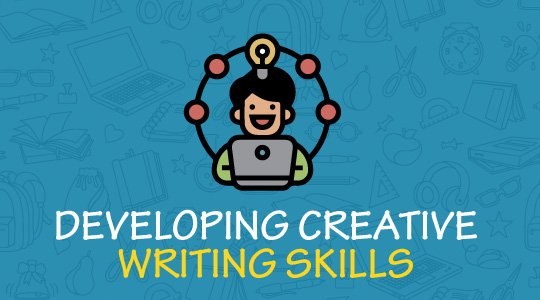
(One day training – 6 hours)
Creative writing is the true expression of oneself. Both teachers and students need to have a grasp on their pen in order to go on the all-important journey of self-exploration.
In our "Developing Creative Writing Skills" session, we focus on narrative craft and aspects such as character development, plot and narrative.
It is a useful session for everyone to boost their innovation, imagination and their ability to express themselves unapologetically.

(One day training – 6 hours)
Teaching poetry is quite a tricky thing to do. Especially when it comes to teaching those who do not have a significant amount of interest in poetry.
Our session on "Teaching Poetry to Secondary School" discusses innovative ways to discuss and teach poetry.
The methods we teach ensure complete absorption for the student and makes the process fun as well as meaningful for both educators and learners.

(One day training – 6 hours)
At the end of every assignment, students learn something new and this knowledge adds up. It can do wonders for students if they find a way of retaining as much of it as possible.
In our "Writing Learning Outcomes" session, we talk about the importance of identifying and then discussing with the students the goal for each class before starting to teach.
It is an innovative method of education that can come in incredibly handy for teachers in making sure their students grasp and retain what they teach.
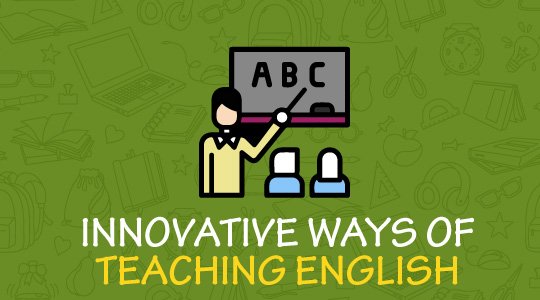
One Day session of 6 hours
Teaching languages becomes a challenge for teachers as it requires a mix of practical learning and theory. For students to grasp the English language fully, their concepts must be clear for each and every topic.
Our session discusses several creative methods teachers can use to teach the language to their students.
We discuss ways teachers can help their students learn both spoken and written English with ease and complete clarity.

(One day training – 6 hours)
Children learn in a variety of ways. These include experience, doing things, reading, group discussions, active listening, thinking and reflecting and more. All these methods are also interconnected in many ways.
In our "Experiential Learning" session, we train teachers in methods that they can use to encourage their students to dissent, debate and hold their individual opinions because of the diverse ways of learning they use.
By learning a host of these methods, teachers will be able to create learning atmosphere in their classes.

(One day training – 6 hours)
What is the end goal of education? There has been quite a lot of debate about the ideal purpose behind teaching and learning. In 1956, Benjamin Bloom along with his colleagues had his say in the discussion by publishing a framework for categorizing educational goals.
This framework has been successfully applied by generations of teachers and college instructors in their teaching.
In our "Bloom's Taxonomy" session, we discuss it in detail and how crucial it can be for teachers to understand and analyze if they're attaining the various categories of goals of education.

(One day training – 6 hours)
In the year 2000, Robert Marzano, a renowned educational researcher, proposed what he termed as the new Taxonomy of Educational Objectives.
This was an attempt by Robert Marzano to improve on the shortcomings of the Bloom's Taxonomy. He emphasised the importance of teachers developing independent thinking skills in students.
In our "Marzano's Taxonomy" session, we discuss Marzano's four categories in detail. By attending this session, teachers will be able to apply these categories to everyday teaching and plan their education based on that.

(One day training – 6 hours)
Teachers are used to developing a lesson plan. It is a useful tool to prepare for the learning activities to be conducted on a day or over the next few days.
Now, not all lesson plans are equally effective. And we have some hacks and quick tips that teachers can use to build better lesson plans.
In our "Components of a Lesson Plan" session, we talk about several components of a lesson plan and how to get them all in, effectively.
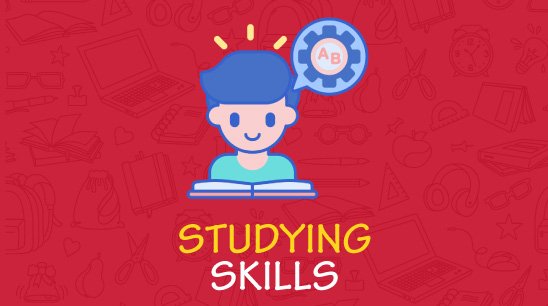
(One day training – 6 hours)
Even the best of teachers won't be able to educate their students well if the learners don't walk their mile. In other words, self-learning is as important for students as it is to find a good teacher.
Learning how to learn is key in today's fast-paced world where knowledge is available through so many different mediums.
In our "Studying Skills" lessons, we speak to teachers and students and discuss some handy methods for effective self-learning.
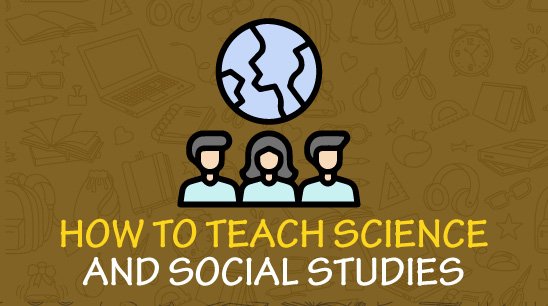
(Two days training – 6 hours each day)
If taught well, Science and Social Studies are among the most interesting subjects. But how can teachers make it so for their students?
Teaching Science or Social Studies will require a specific set of skills that teachers must have. Apart from these skills, they also need tools necessary to devise effective lesson plans for these subjects.
In this session, we discuss ways with teachers to help them make Science and Social Studies interesting by developing curiosity and making them relevant to their students.

(One day training – 6 hours)
Every student is unique in his/her own way. Teachers can't use the on- size-fit-all approach to teach.
Fortunately, we have different learning styles for the diverse types of intelligences. For a teacher, being aware of these styles is immensely important in today's diverse classrooms.
In this session, we discuss all this and more to help teachers have the tools necessary to teach children with different intellects.

(One day training – 4 hours)
Why do we study? Is it just to score marks and end up with a good job? No, the goal is to become a better person in our personal and professional life.
Students must be able to identify all sorts of problems around them and be able to come up with innovative solutions to each of them.
In our "Design Thinking and Creating Change Makers" session, we train teachers to educate in such a way that their students become more aware of the world and their place in it and possess creative problem-solving skills.
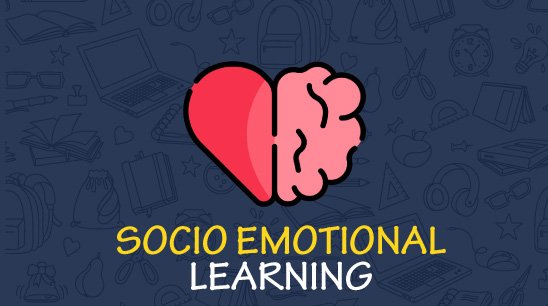
(One day training – 3 hours)
Teaching is not limited to imparting knowledge to students. A teacher must also be able to create a positive learning atmosphere for all their pupils. An environment where everyone can voice their opinions and concerns without any inhibition and fear of being laughed upon.
And it is upon the teachers to build such a conducive atmosphere in their classrooms. It helps teachers gain the student's respect and provides a safe space for the learners to grow various aspects of their personality.
In our "Socio Emotional Learning" session, we train teachers on the many methods they can use to make every learner feel loved, respected, accepted, cared for, safe and involved in the education process.
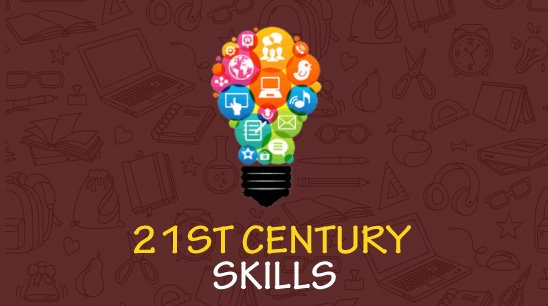
(One day training: 6 hours)
21st century requires individuals to possess a fresh set of skills. Be it your social life or the professional, we need to adapt in order to succeed in various aspects of our lives.
Teachers must also be aware of these skills if they want to help their students excel in this fast changing world.
In our "21st Century Skills" session, we talk about what these skills are, why do we need them and how teachers can incorporate them in their teaching.
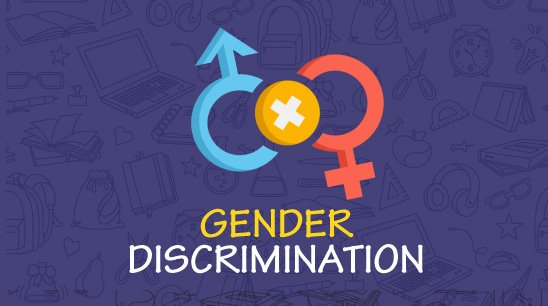
(One day training – 4 hours)
Gender Equality is among the several relevant topics in today's world. What does gender mean? We're discovering new things on the topic every few years with the advent of gender studies.
Gender Discrimination and its ill-effects on societal institutions is thankfully, now talked about a lot more than it used to be.
In our "Gender Discrimination" session, we will talk about how teachers can incorporate the issue into the syllabus and what are the most effective ways to talk about it with young, impressionable minds of our students.
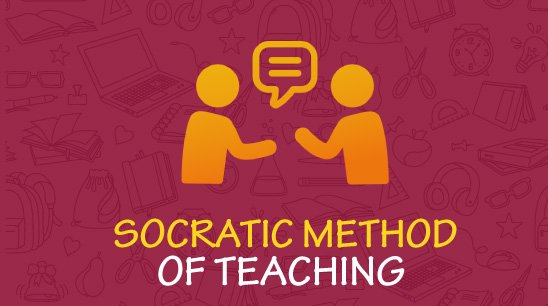
(One day training: 6 hours)
A dialogue between the teacher and student has been a way of learning for centuries. This type of educational dialogue has been a part of ancient traditions in different parts of the world.
In this method, students actively engage with the teacher by asking questions and gleaning vital knowledge from the discussion that ensues.
In our "Socratic Method of Teaching" session, we help teachers master this method and encourage interactive learning among their students.
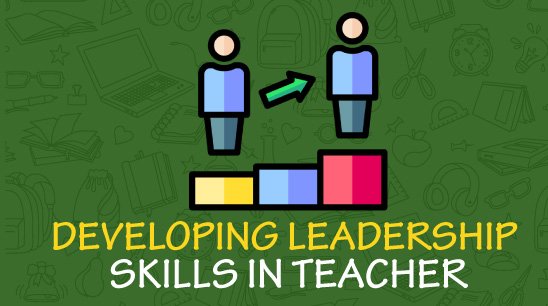
(Two-day training: 4 hours each day)
We have often seen that leadership training is ignored in schools. And when you think about it, leadership is one of the most useful skills one can possess.
Furthermore, teachers should also be good leaders themselves if they want to inspire and motivate their students to keep learning and developing their personality.
In our "Developing Leadership Skills in Teachers" session, we train teachers to be strong leaders in order to bring in inclusivity in class, address students with diverse interests and aptitudes.
Our Teacher Training is Focused on
Problem-Solving
We train teachers to develop quick problem-solving in their students by integrating arts into education.
Critical Thinking
When we create classrooms that encourage critical thinking, every student gets to unlock their true potential.
Socio Emotional Learning
In today’s world, education must also include social and emotional learning for students to develop every aspect of their personality.
Why Choose Us?

(1 Day: 6 Hour session)
Our brain has a limit. Beyond a certain point, it fails to grasp, interpret and retain information. That point is when a cognitive overload happens.
For students to learn and retain the information they are shared, they need to maintain a certain balance. That's important for them to ensure quality learning where the knowledge they gain stays with them and provides value.
In our "Cognitive Overloading" session, we share the secrets of the same with the students and remind them of the importance of giving their brain a break.
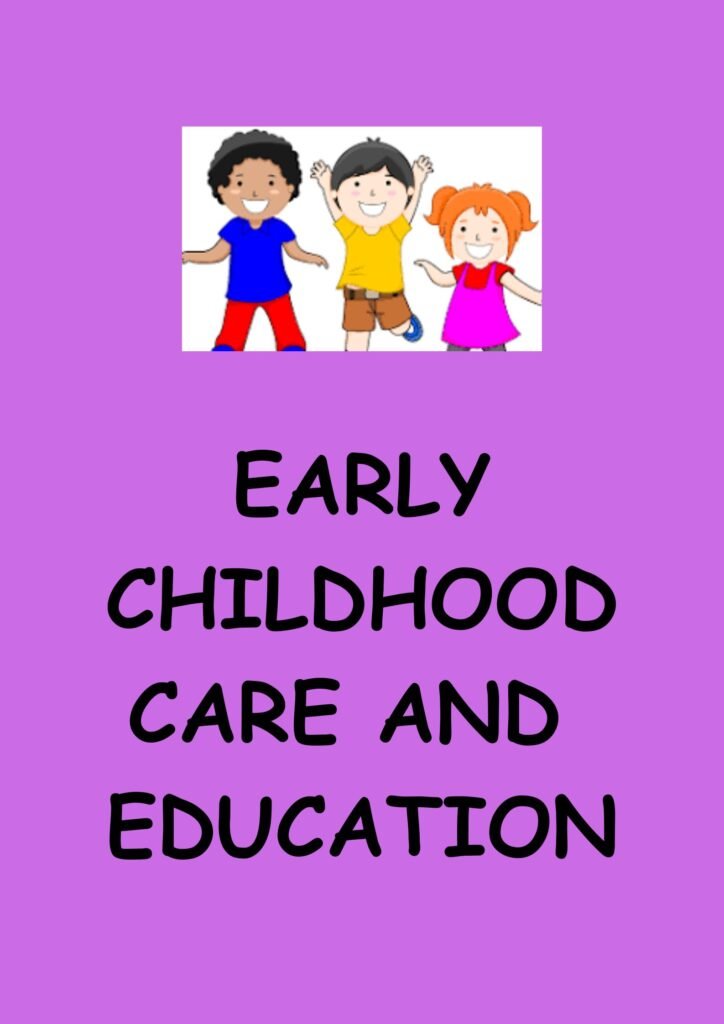
Customised Training Programs
Online & Offline Training
Research-based Training
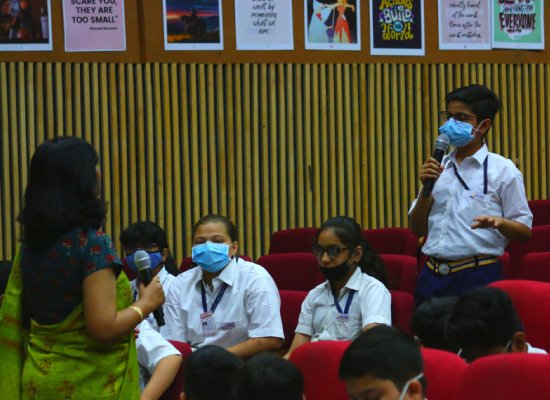
About the Trainer
With more than 30 years of experience in the field of education, Mrs. Shalini Sinha has taught CBSE, ISC as well as IB Boards in schools across India. She has also served as the Principal of the prestigious Study Hall school in Lucknow.
She has been trained in Thinking Skills and Change Management (online courses) from the University of Pennsylvania and attended online courses from Harvard in Teaching for Understanding, Leading for Understanding.
Mrs. Shalini believes that if any society has to change, it is possible only through the education system of that country. Teachers are change makers! Mrs. Shalini Sinha is passionate about sharing new teaching styles and techniques with teachers of today, to help them create democratic classrooms that are based on the idea of critical thinking!
“The Ultimate Goal of Education is Self-realisation.”
Look at theGreat Response to Our Sessions

प्रवक्ता- के. पी.ग. इंटर कालेज, प्रयागराज (माध्यमिक शिक्षा परिषद्, उत्तर प्रदेश)
Sessions conducted by Shalini ma'am are so simple and clear that things I had studied in B.Ed. I had never understood, I understood for the first time in her session.

Kakori
I just love attending Shalini ma'am's session, they connect to our soul. God bless her efforts!

Anand Bhawan School, Barabanki
The leadership session conducted by ma'am kept everyone glued for 8 hours and opened new ways of thinking.

Gomti Nagar, Lucknow
Shalini ma'am's session for Pre Primary for all the Catholic Schools of UP was very insightful. We learnt so many different simple activities through which we can help small children learn along with fun

Lucknow
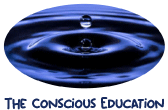
फाउंडर डायरेक्टर आफ कांशियस एजुकेशन एंड कैरियर काउंसलर डा.शालिनी सिन्हा एक प्रख्यात शिक्षाविद् एवं परिपक्व मार्गदर्शिका हैं| उनके शिष्य उनके सफल एवं सटीक दिशा निर्देशन में देश विदेश के अग्रणी संस्थानों में सर्वोच्च पदों पर प्रतिष्ठित है| शिक्षक एवं शिक्षार्थी की नवीन शिक्षा प्रणाली एवं नवाचार विधि द्वारा प्रत्येक समस्याओं का वह त्वरित समाधान करती हैं एवं दुरूह विषयों को सरल एवं योजना बद्ध प्रणाली द्वारा सर्वग्राह्य बनाती है|ओजस्विता, तेजस्विता एवं विनम्रता की मणिकांचनयोगस्वरूपा हम आपका हार्दिक अभिनंदन करते हैं|- शिक्षा का अलख जगाया है, मेरा हिंद आज मुसकाना है| जब कदमों में दृढ़ निश्चय हो, कंकड़ पत्थर पिस जाते हैं| जब ज्ञान चक्षु हो उर्ध्व मना, रिपु दल भी शीष झुकाते हैं| एक सच्चा मोती पाया है , शालिनी जी ने कदम👣 बढाया है||